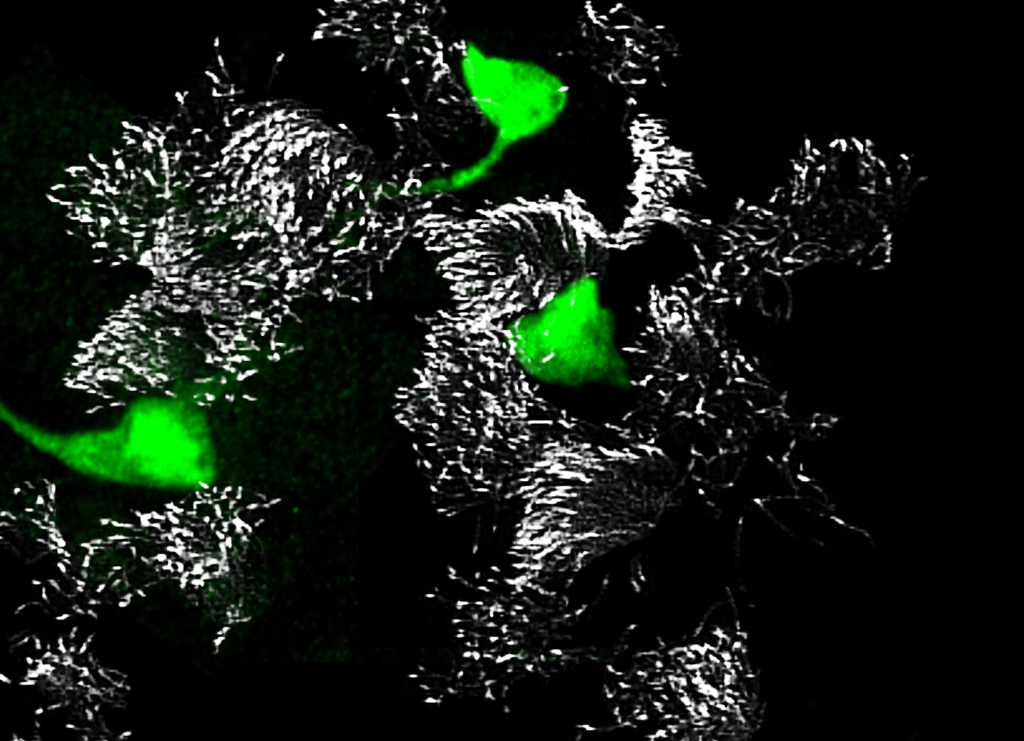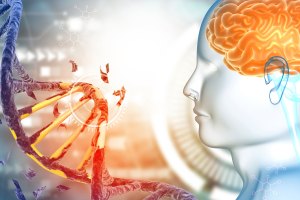Health
-

Social media detox boosts mental health, but nuances stand out
‘Wildly different reactions’ among participants, says researcher
-
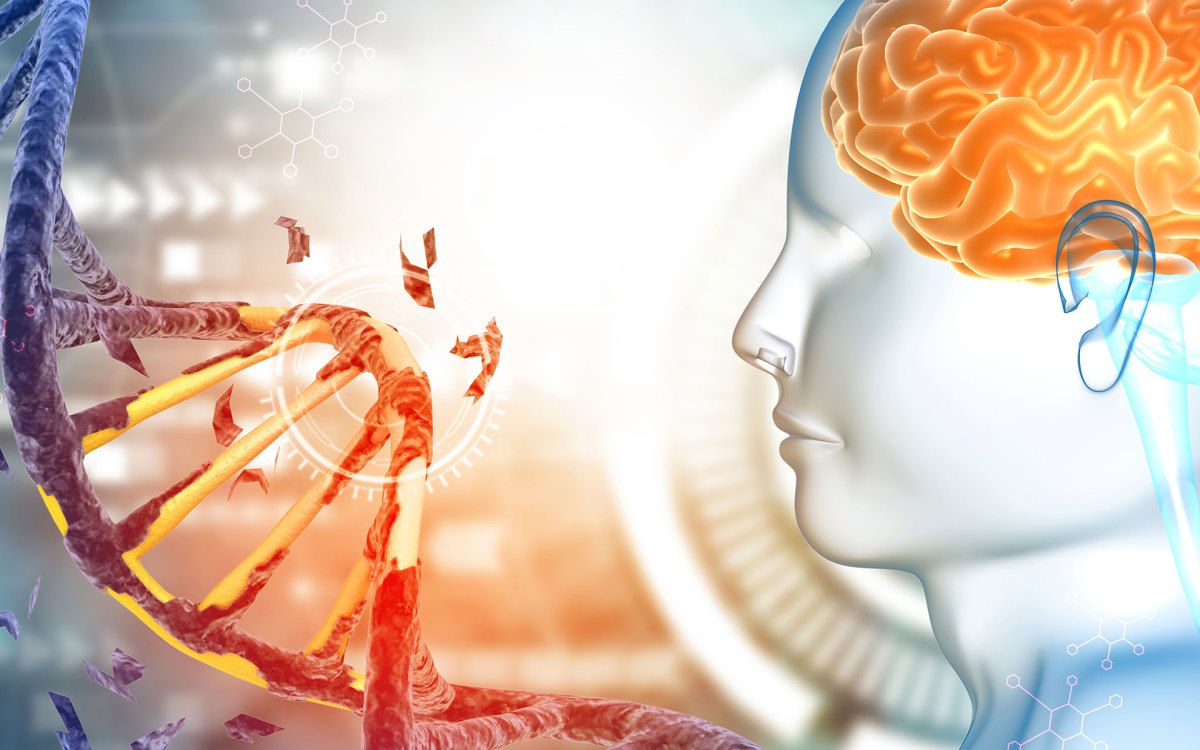
New research finds 5 genetic signatures shared by 14 psychiatric disorders
Could advance treatment of mental illness with greater precision, less medication

-
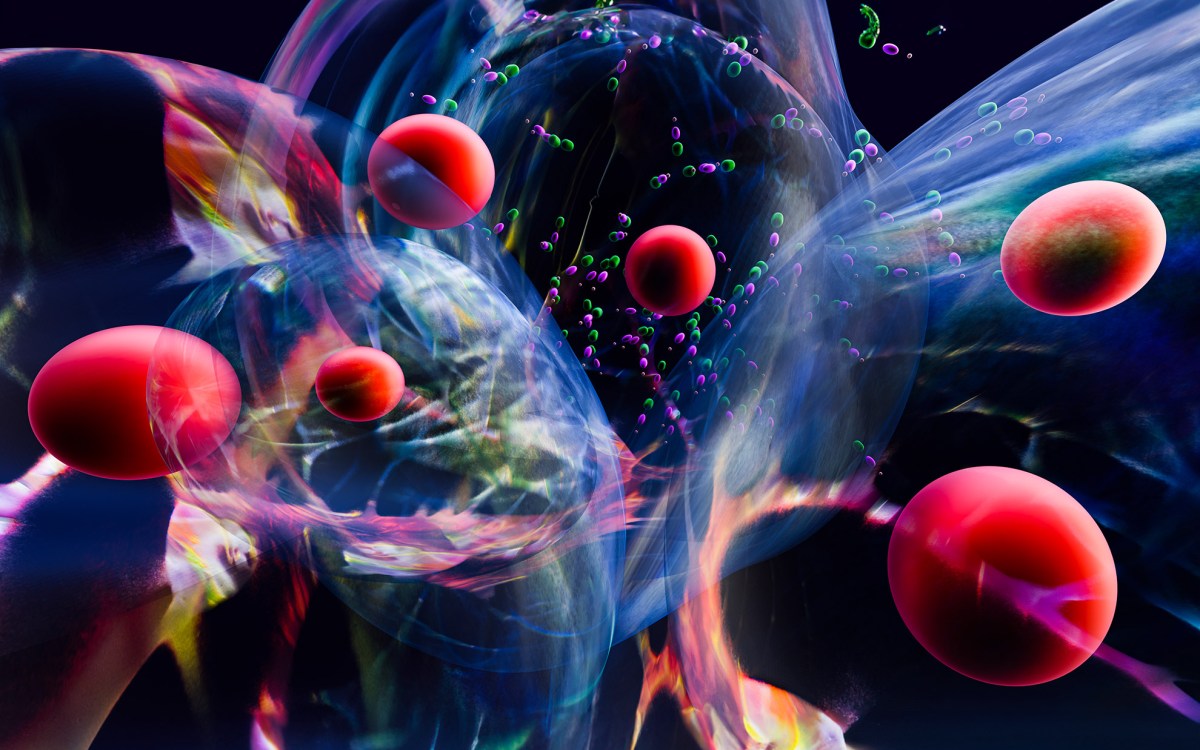
Break in the case for long COVID investigators
Research highlighting chronic inflammation opens path to treating illness that affects millions of Americans

-

The problem with the school smartphone debate
Study finds most districts already regulate devices. Is the real issue enforcement?

-
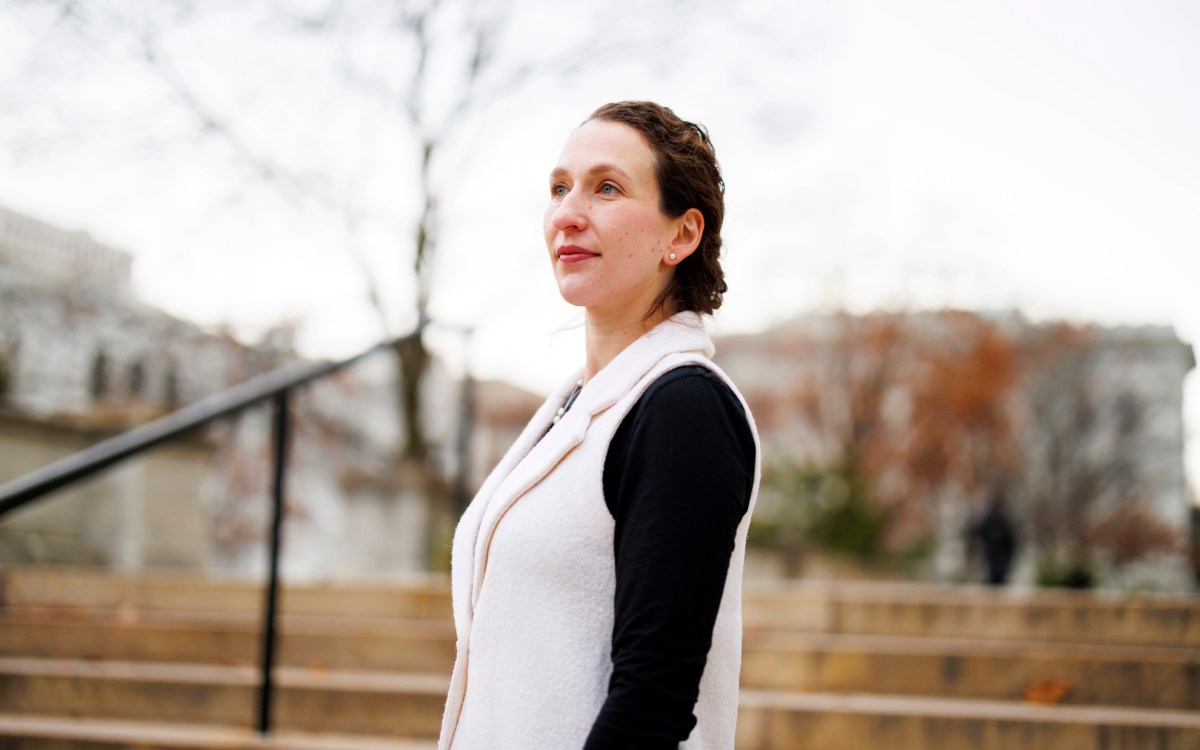
Just who gets a say at FDA public drug-approval hearings?
New research shows negative voices are relatively rare in drug approval hearings.
-
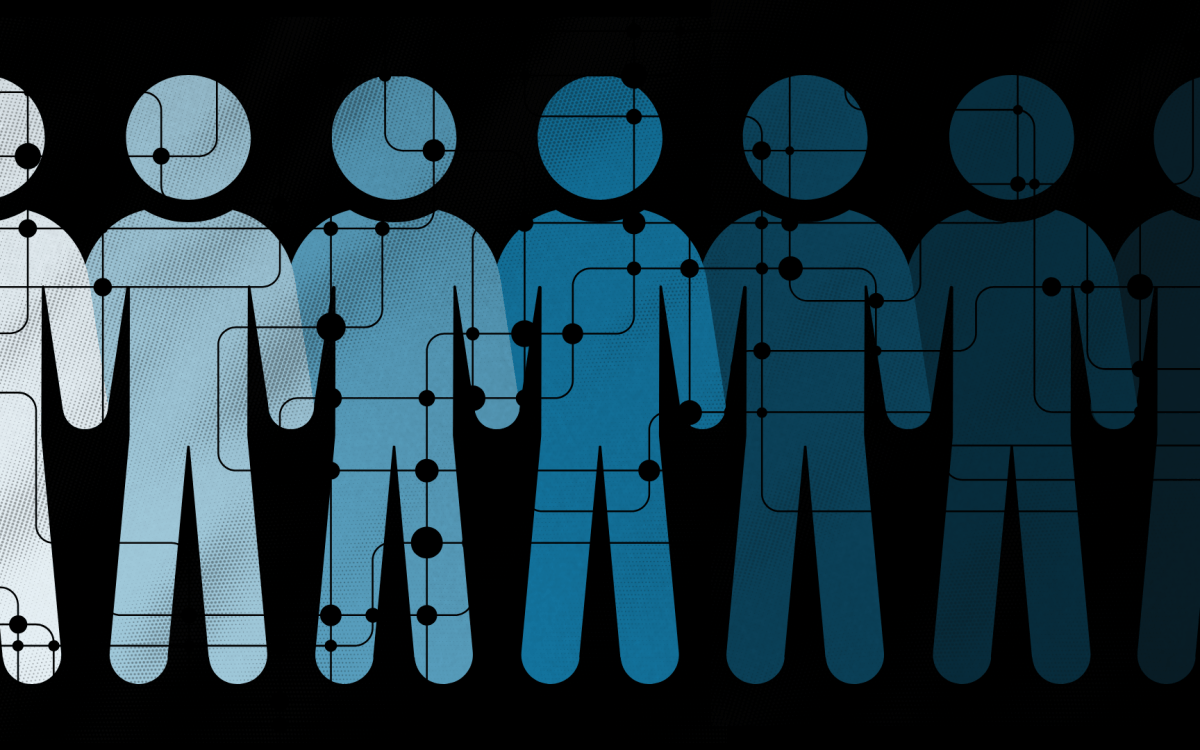
Your digital twin might save your life
AI, statistics offer new possibilities for personalized medicine
-
A major test for dietary supplements
Medical School professor and VITAL lead researcher JoAnn Manson details results from a large probe of vitamin D and omega-3 as possible disease fighters.
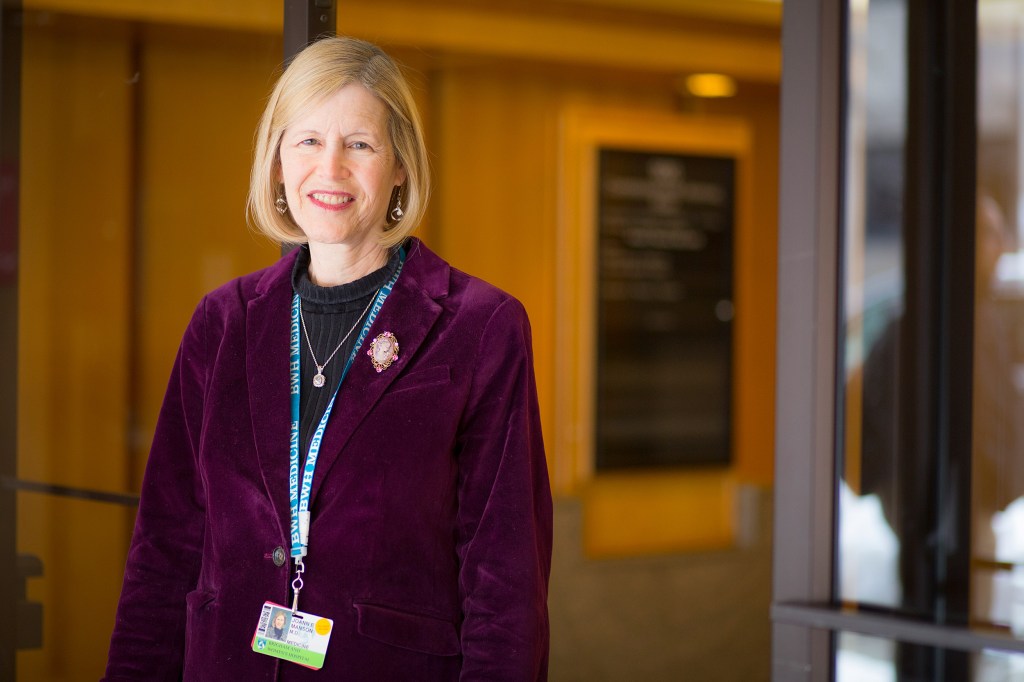
-
Breathing uneasily
The Gazette talked to Joe Allen of the Harvard Chan School about the health threats posed by wildfire smoke in California.

-
The ongoing tragedy of lead in our lives
The water crisis in Flint, Mich., has been a recent focal point, but the issue of lead pollution is both global and pervasive. Harvard conference focuses on the ongoing tragedy of lead in our lives.
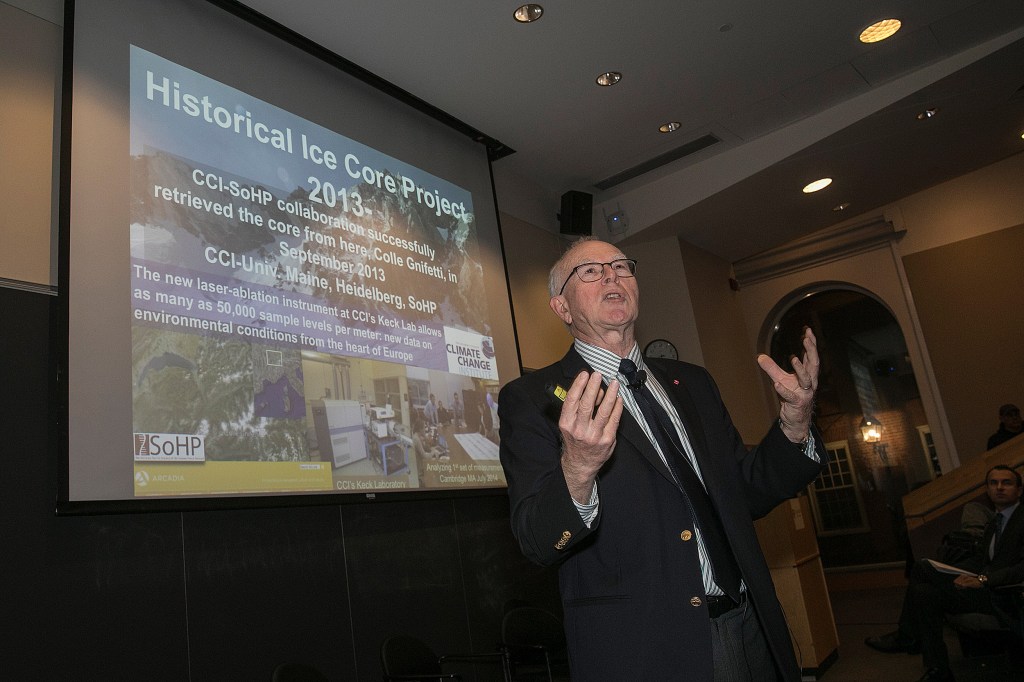
-
Good fat vs. bad fat vs. high carb vs. low carb
Nutrition researchers with widely varying views on dietary guidelines for fats and carbohydrates offered a model for transcending the diet wars, with both sides agreeing on overall diet quality.
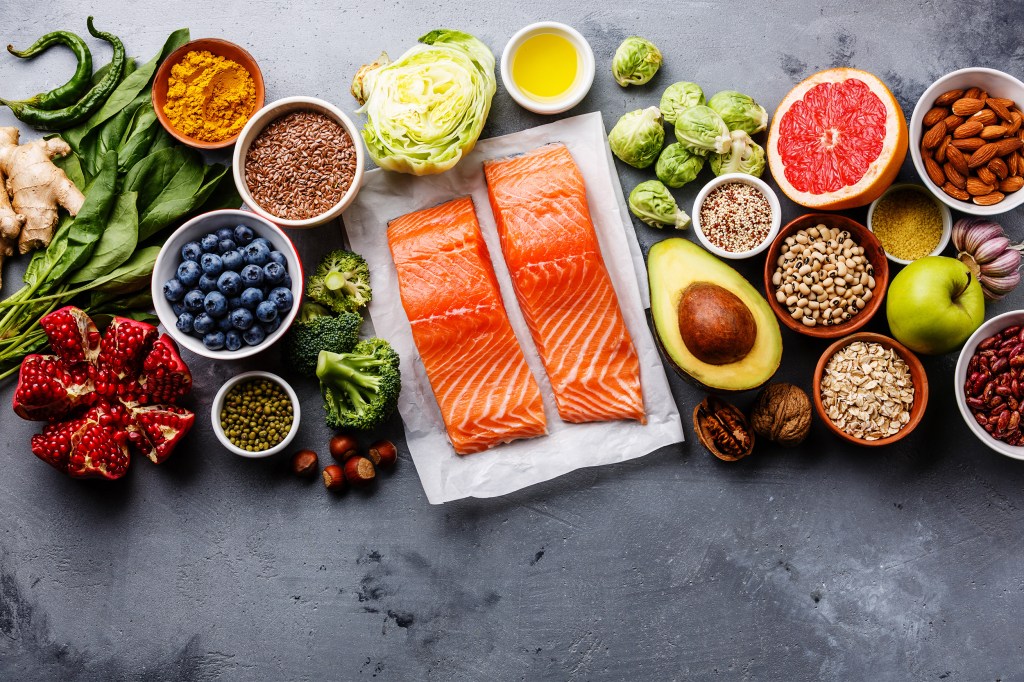
-
Strong Harvard support for Nobel-winning efforts against sexual violence
Denis Mukwege and activist Nadia Murad received the Nobel Peace Prize for their efforts to combat sexual violence. Harvard Health Initiative Director Michael VanRooyen applauded the news.

-
Getting leaders ‘out of the basement’
The National Preparedness Leadership Initiative, a joint program of the Harvard T.H. Chan School of Public Health and the Harvard Kennedy School’s Center for Public Leadership, prepares leaders for disasters that they probably will encounter.
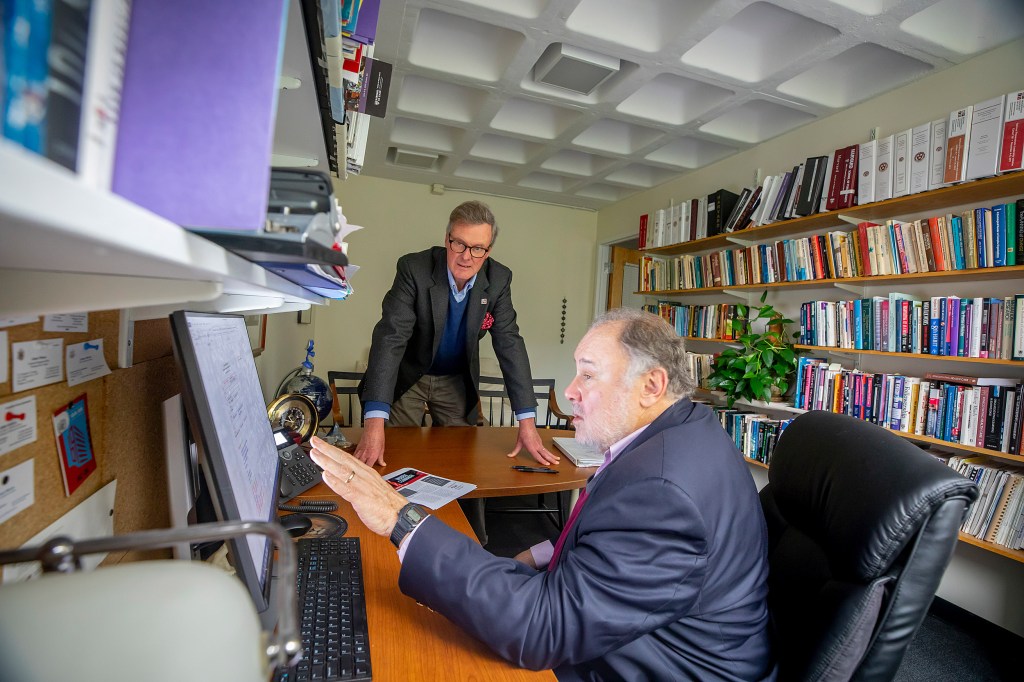
-
Some lessons feel like a root canal, and that’s just fine
Harvard dental students’ hands-on learning provides an affordable option for patients who might otherwise skip dental care.
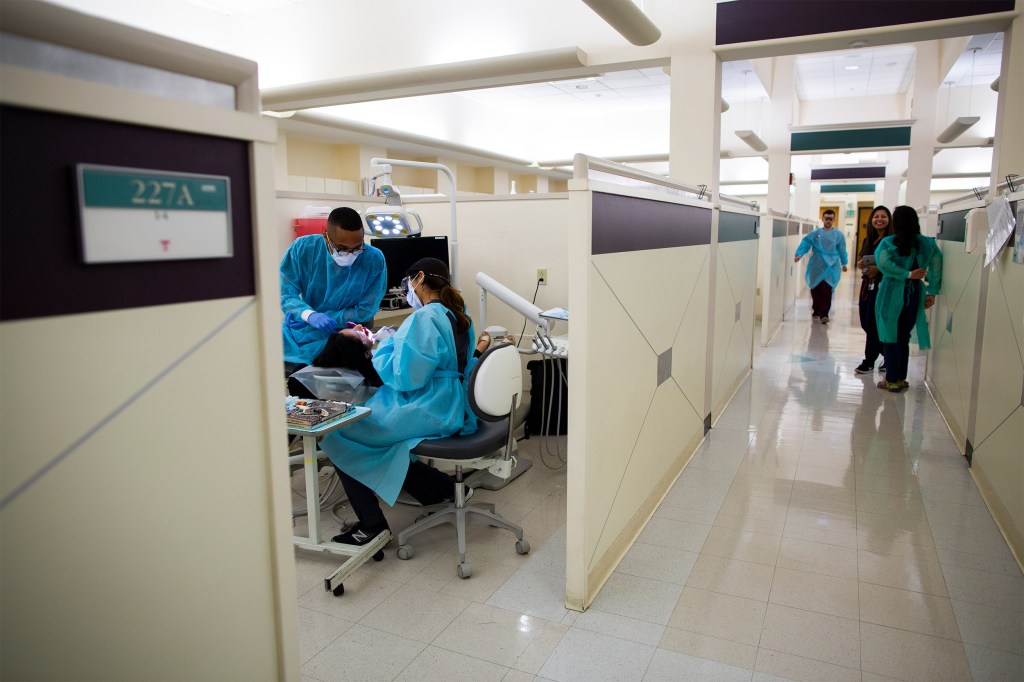
-
A gift to turn medical discoveries into treatments
A pledge for $200 million to Harvard Medical School will support translation of medical research into treatments and cures.

-
States hold the power on health care, experts say
A Harvard Chan School forum discussed the stakes for U.S. health care in the midterm elections, including the prospect of Medicaid expansion.
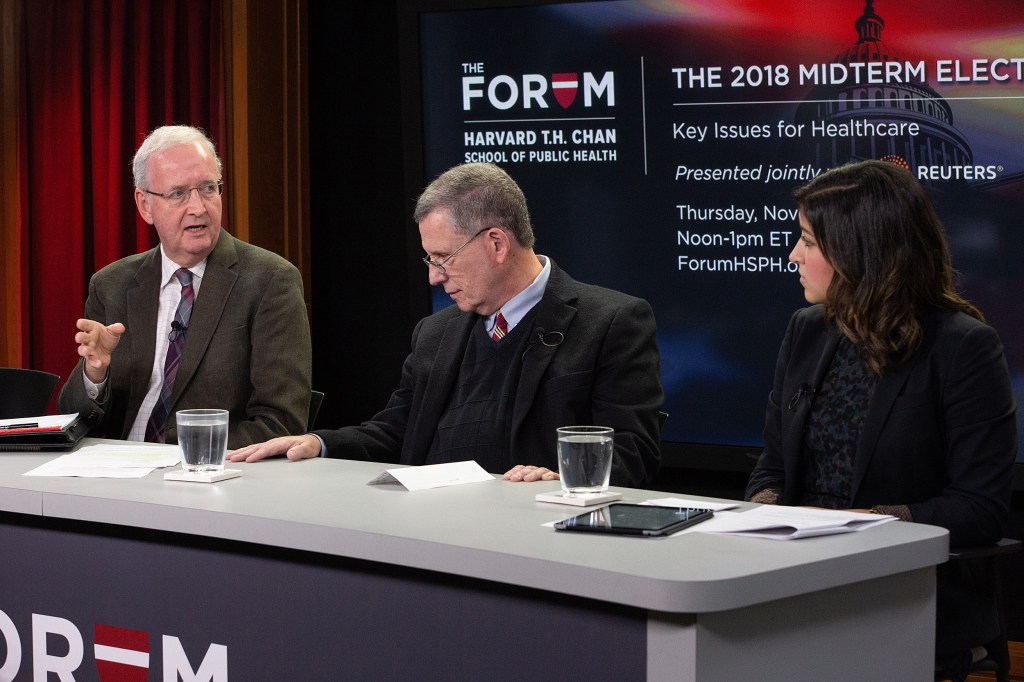
-
Cellular atlas of brain region leads to discoveries
Harvard scientists have created a first-of-its-kind cellular atlas of an important region in the brains of mice. Using a cutting-edge imaging technology, researchers pinpointed where the cells were located and their various functions.
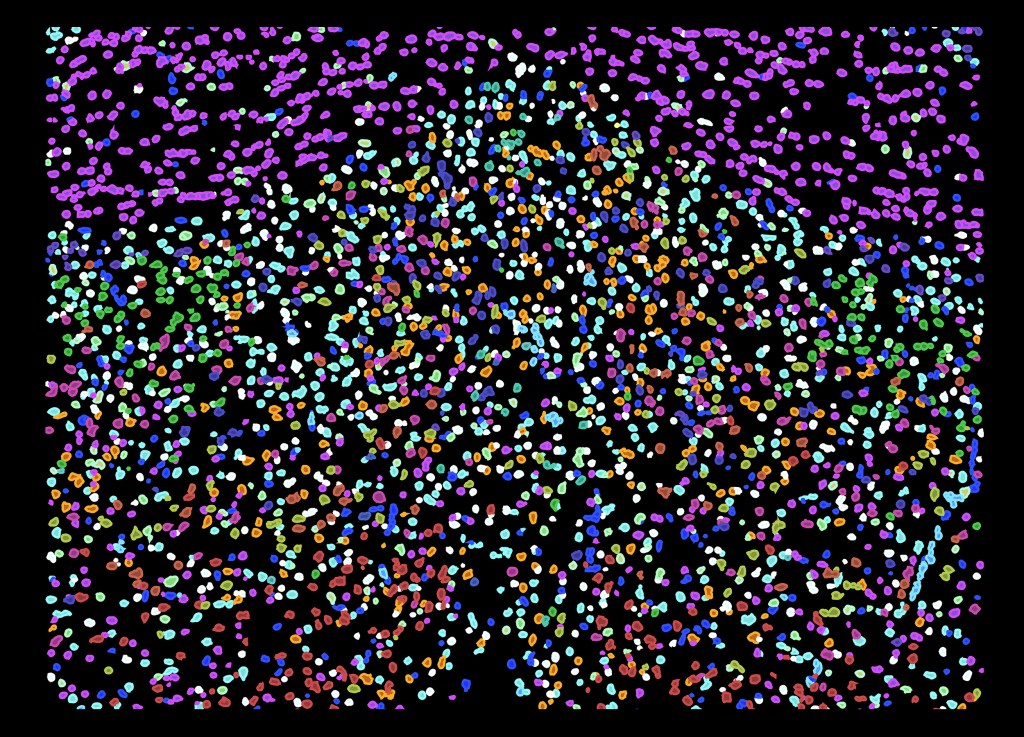
-
Where the doctor treats you like a neighbor
MGH Charlestown HealthCare Center was part of the first wave of community health centers that spread across the nation in the late 1960s. This fall it celebrates 50 years of neighborhood care.
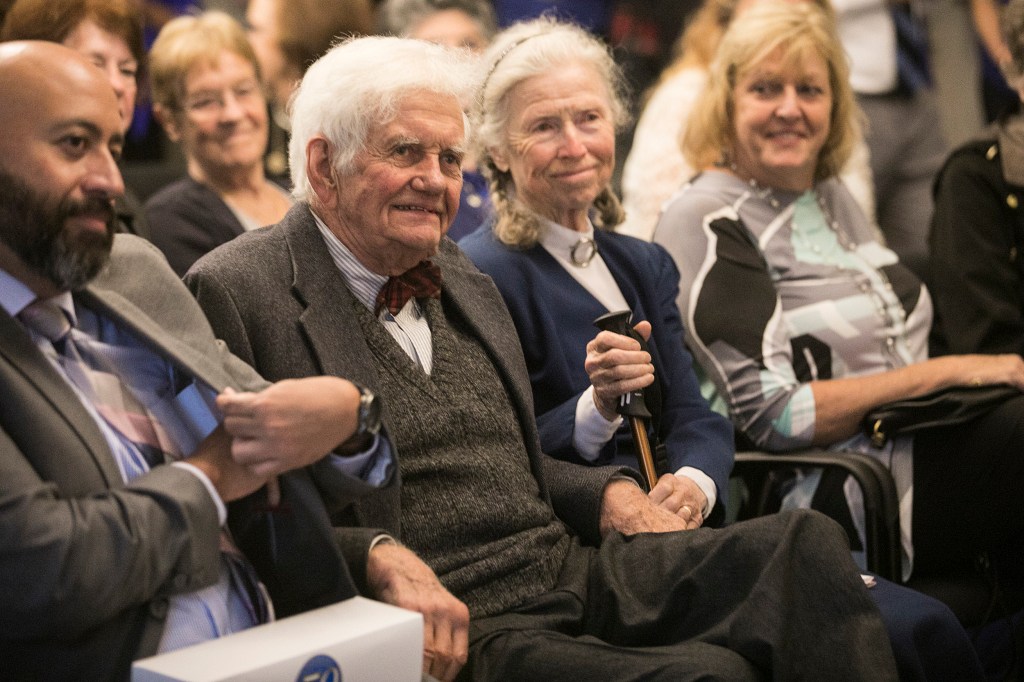
-
Cannabis abstinence for month aids memory, study says
A Massachusetts General Hospital study found that abstaining from cannabis use for one month resulted in measurable improvement in memory functions important for learning among adolescents and young adults who were regular users.

-
At Harvard Chan School, nano safety is no small concern
Philip Demokritou, director of the Harvard T.H. Chan School of Public Health’s Center for Nanotechnology and Nanotoxicology, sat down with the Gazette to talk about the aims of the center, its recent work on novel nanoparticles, and the potential benefits of a safer-by-design approach.
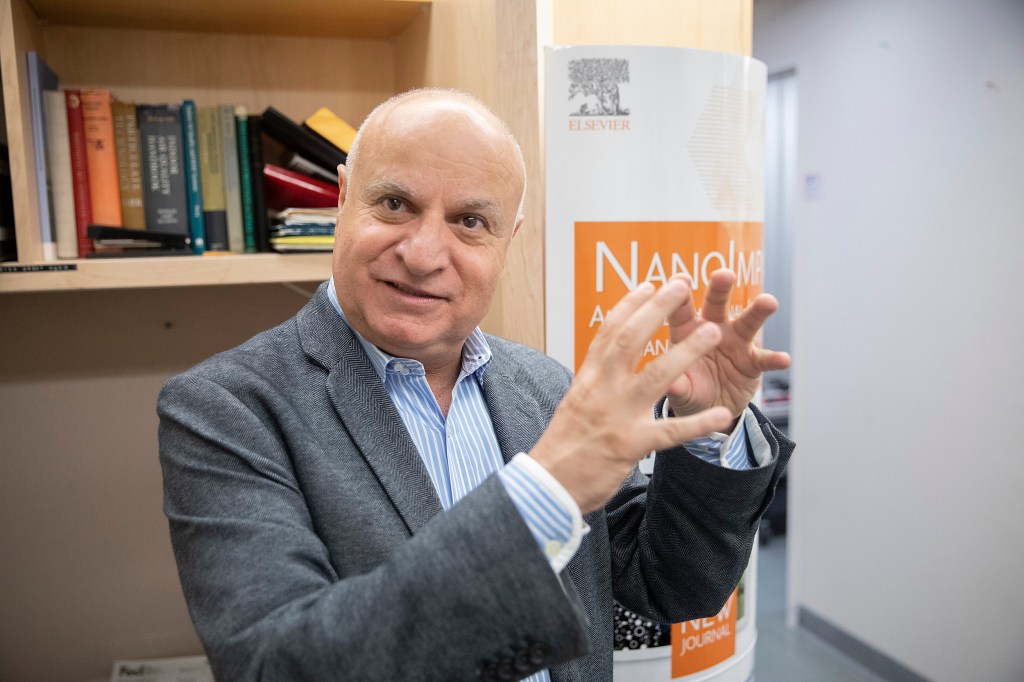
-
Study signals a limit to cancer’s complexity
New findings on cancer driver mutations creates hope for targeted therapy. “It appears there is a limit to cancer’s complexity,” says one of the study’s researchers, Martin Nowak of Harvard University.
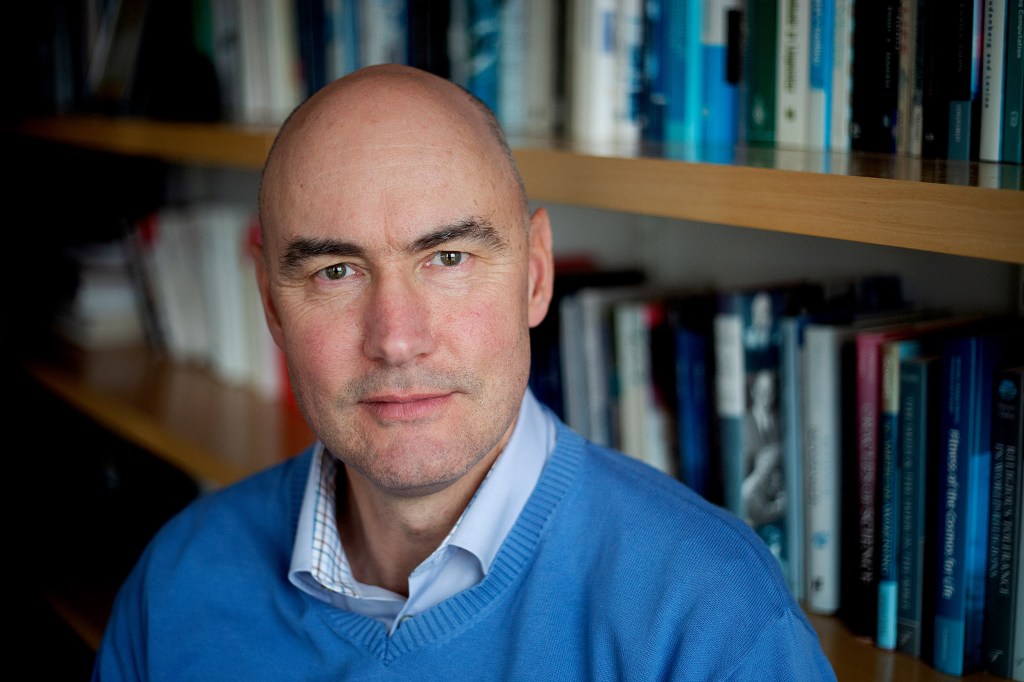
-
Faith-based approach in battling malaria
Harvard Divinity School and the Harvard Chan School came together to discuss how education, trust, and acknowledging the role of faith in community members’ lives is crucial to helping curtail malaria in Africa.
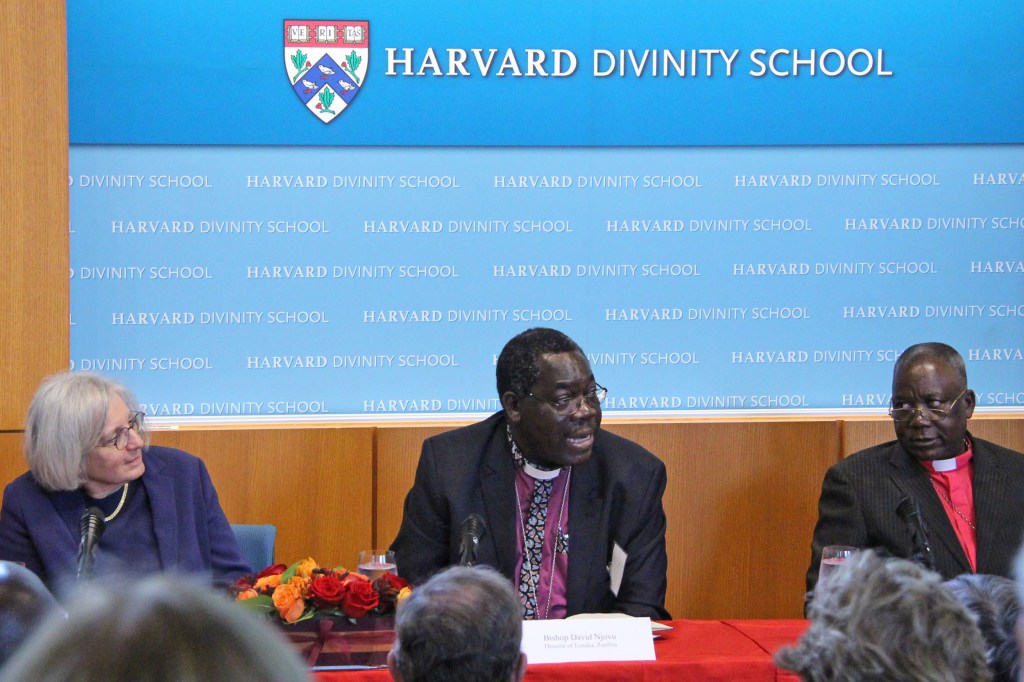
-
Ellen Langer’s state of mindfulness
Professor Ellen Langer once apologized when she bumped into a mannequin, the kind of automatic, mindless response she says robs us of the benefits of being mindfully engaged in day-to-day…
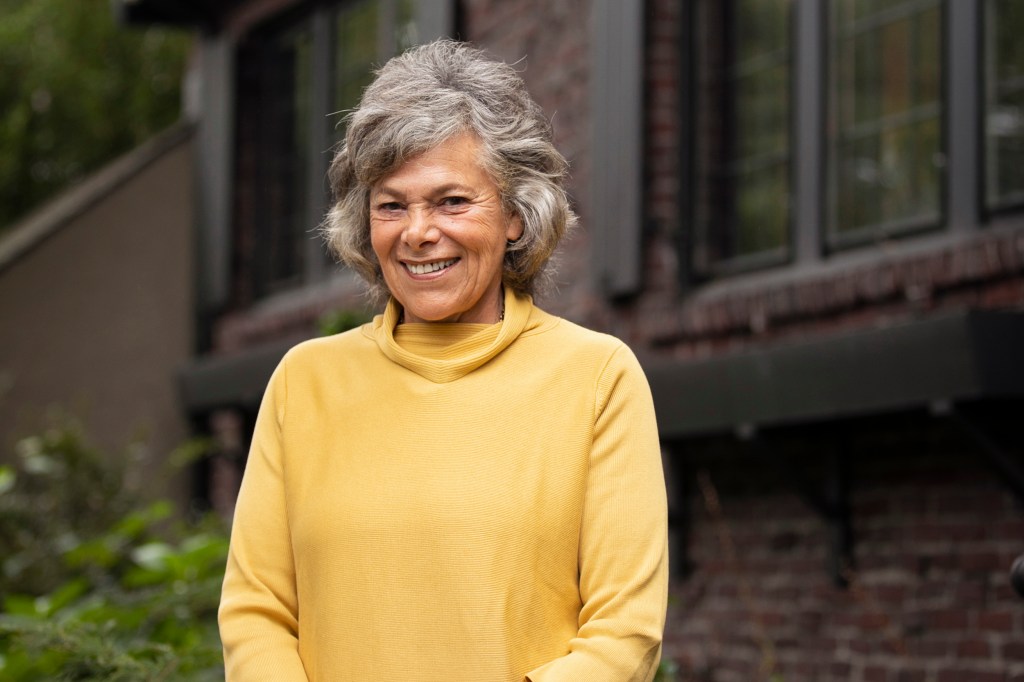
-
Is MS risk influenced by friends and families’ unhealthy habits?
A new study explores how health habits within personal social networks may impact neurological outcomes, with a special focus on multiple sclerosis.

-
Where there’s global unrest, there are often pandemics
Pandemics are political, and the spread of disease is a common consequence of global conflict. In a lecture titled “Conflict and the Global Threat of Pandemics,” Michele Barry of Stanford University examined the relationship between unrest and health crises.
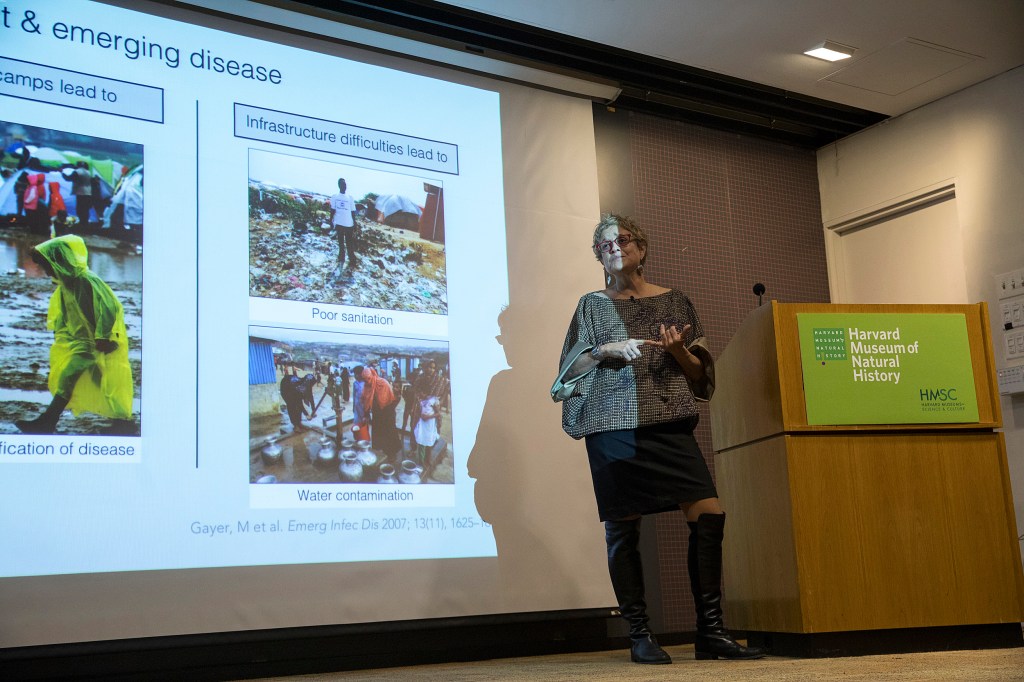
-
Money makes a difference in cholesterol management
A new study finds financial incentives for cholesterol management may help contain the costs associated with cardiovascular disease, which is the leading cause of death and health care costs in the U.S.

-
Gawande confronts the inevitable
Death, imperfection, and rock ’n’ roll were all part of surgeon-author Atul Gawande’s conversation with Dean David Hempton at HDS convocation.

-
Exercise can ‘clean up’ Alzheimer’s environment
Study finds that inducing production of new neurons can improve cognitive function in a mouse model of Alzheimer’s disease.
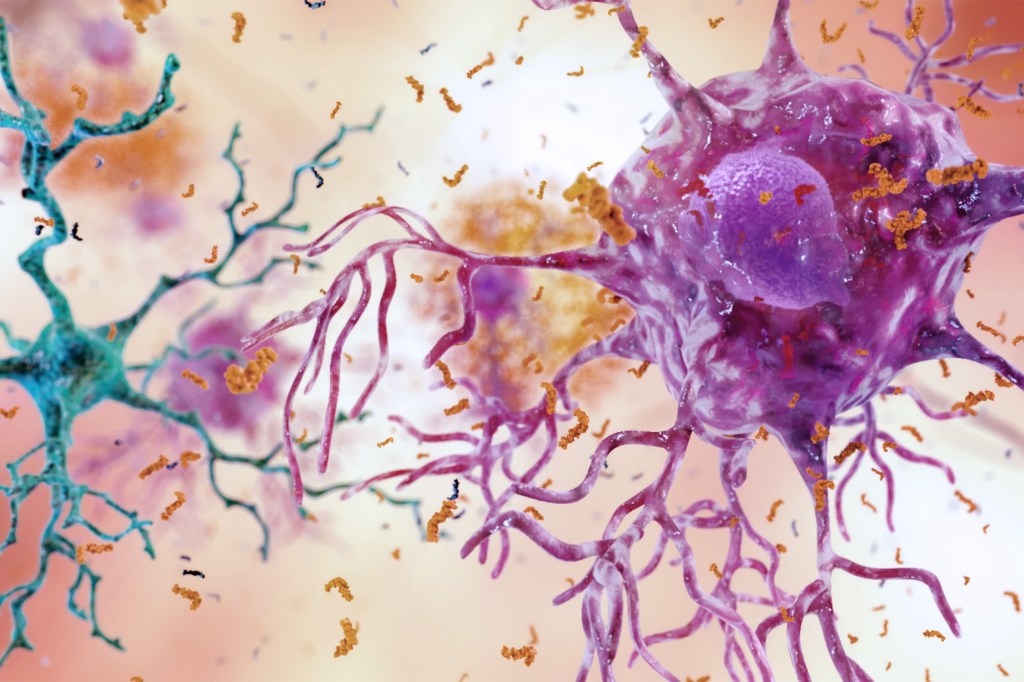
-
A telephone for your microbiome
Genetic engineering allows different species of bacteria to communicate with each other in the gut of a living mouse, setting the stage for a synthetic microbiome.
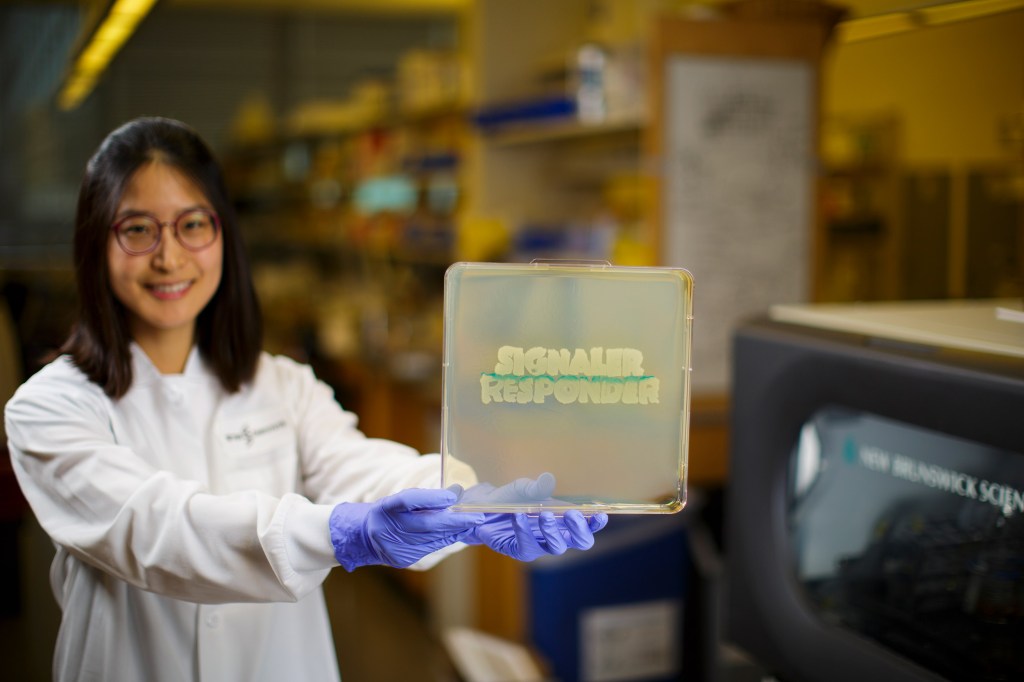
-
Countering college’s culture of sleeplessness
Harvard’s Class of 2022 will have taken ‘Sleep 101,’ an online module on sleep health, before they even hit campus on Aug. 27.
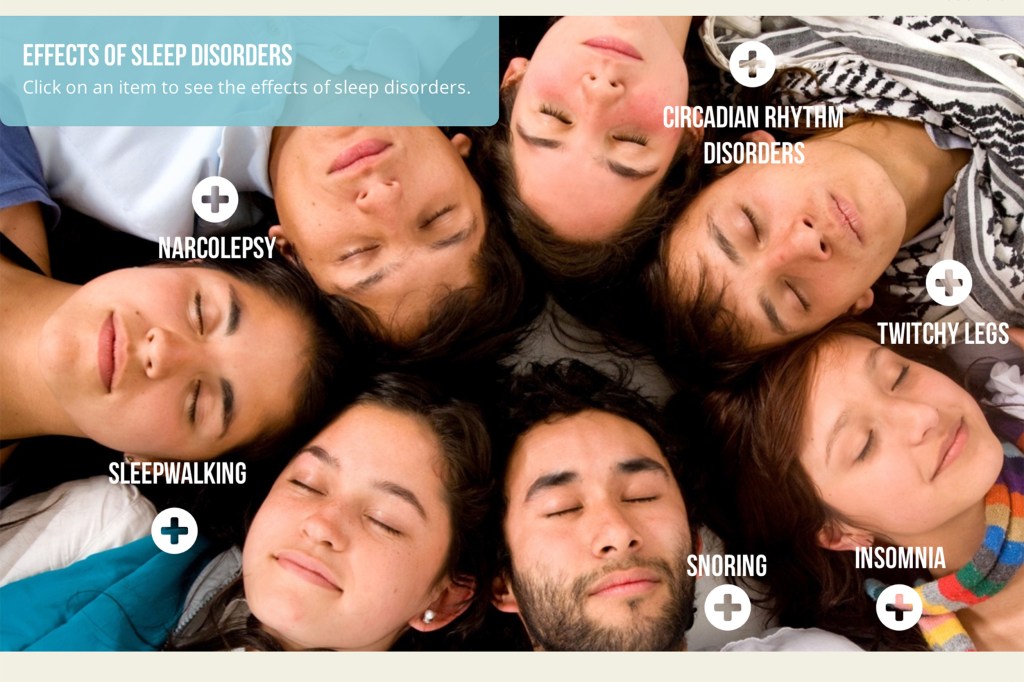
-
Ending 40-year quest, scientists reveal ‘hearing’ protein
Scientists have identified the sensor protein responsible for hearing and balance, putting an end to a 40-year quest.
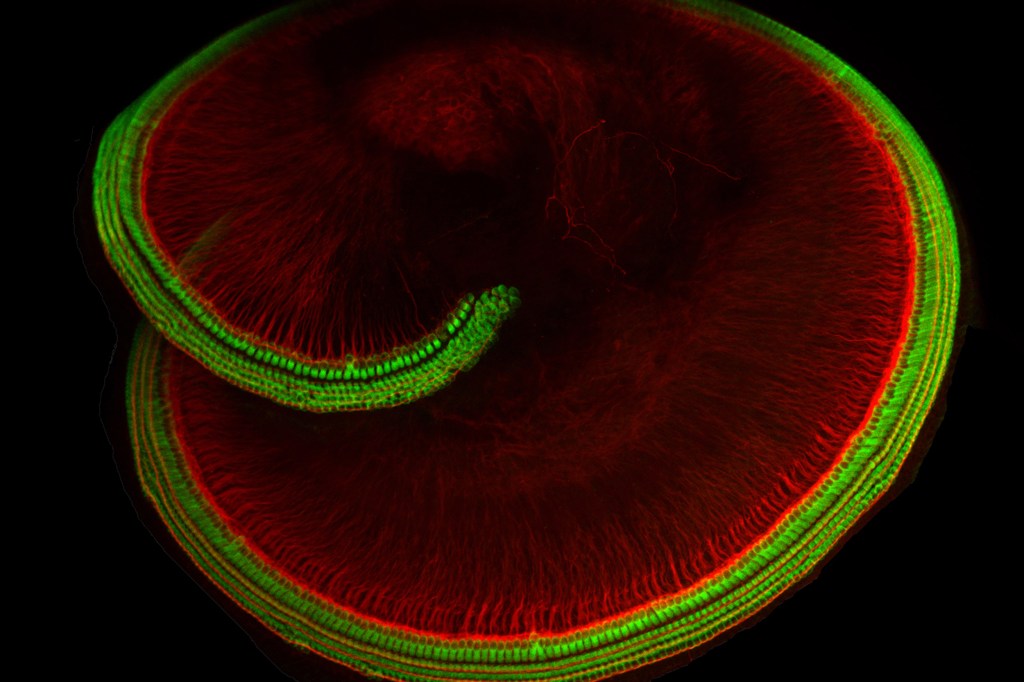
-
Cities, riders learning on fly as bike-sharing gains momentum
Harvard Chan School researcher Anne Lusk discusses the progress and potential of bike-sharing systems.

-
Research links air quality, air safety
Harvard Chan School researchers recruited 30 commercial airline pilots for a study exploring whether carbon dioxide levels affect cockpit performance.

-
Evolution of cancer cell lines draws concern
Thought to be genetically stable and identical, cancer cell lines harbor significant levels of genetic variation, which may help explain why it can be hard to reproduce findings in cell line-based research.
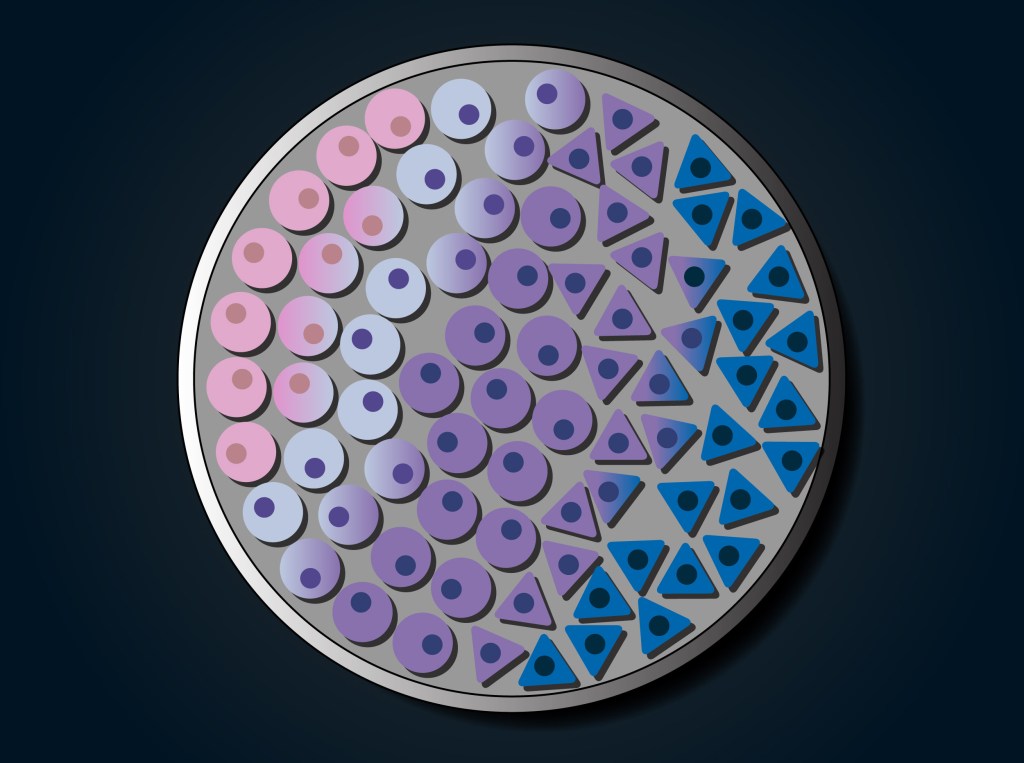
-
Seeking a culprit behind rise in colorectal cancer among younger adults
Kimmie Ng, a Dana-Farber physician-researcher, answers questions on possible factors driving an increase in colon cancer among young adults.
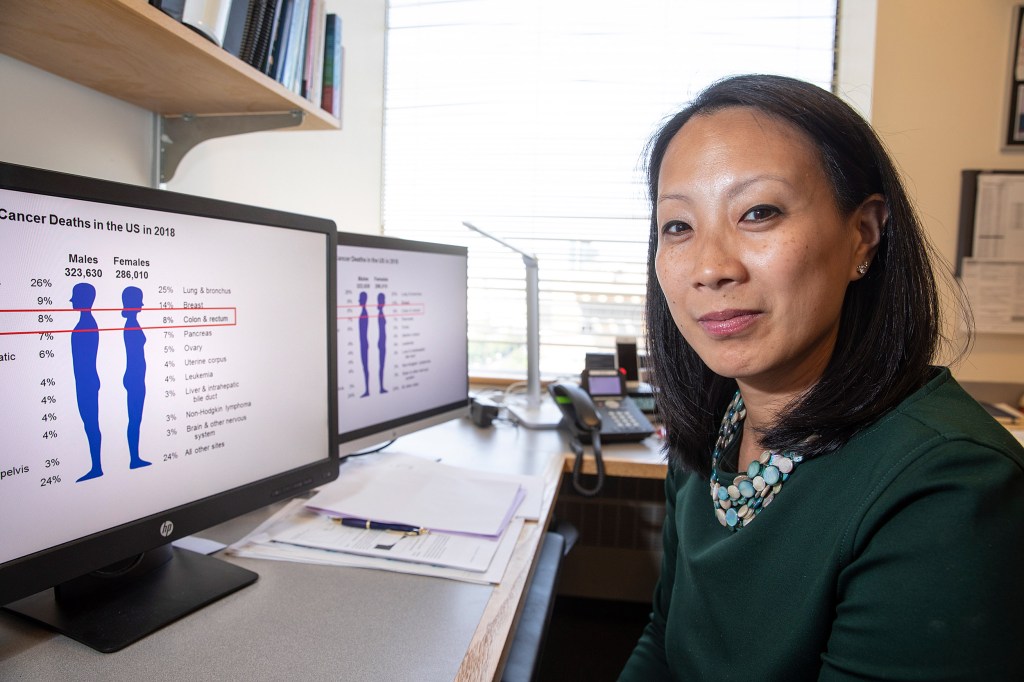
-
Pregnant women encouraged to eat cold-water fish
Pregnant women with the lowest plasma levels of long-chain omega-3 fatty acids — the kind found in fish oil — were at 10 times increased risk of early preterm birth as pregnant women with the highest levels.

-
Cystic fibrosis clues found in newly identified cell type
Researchers have found cells that appear to be the primary source of activity of the gene responsible for cystic fibrosis, a serious, multiorgan disease.
